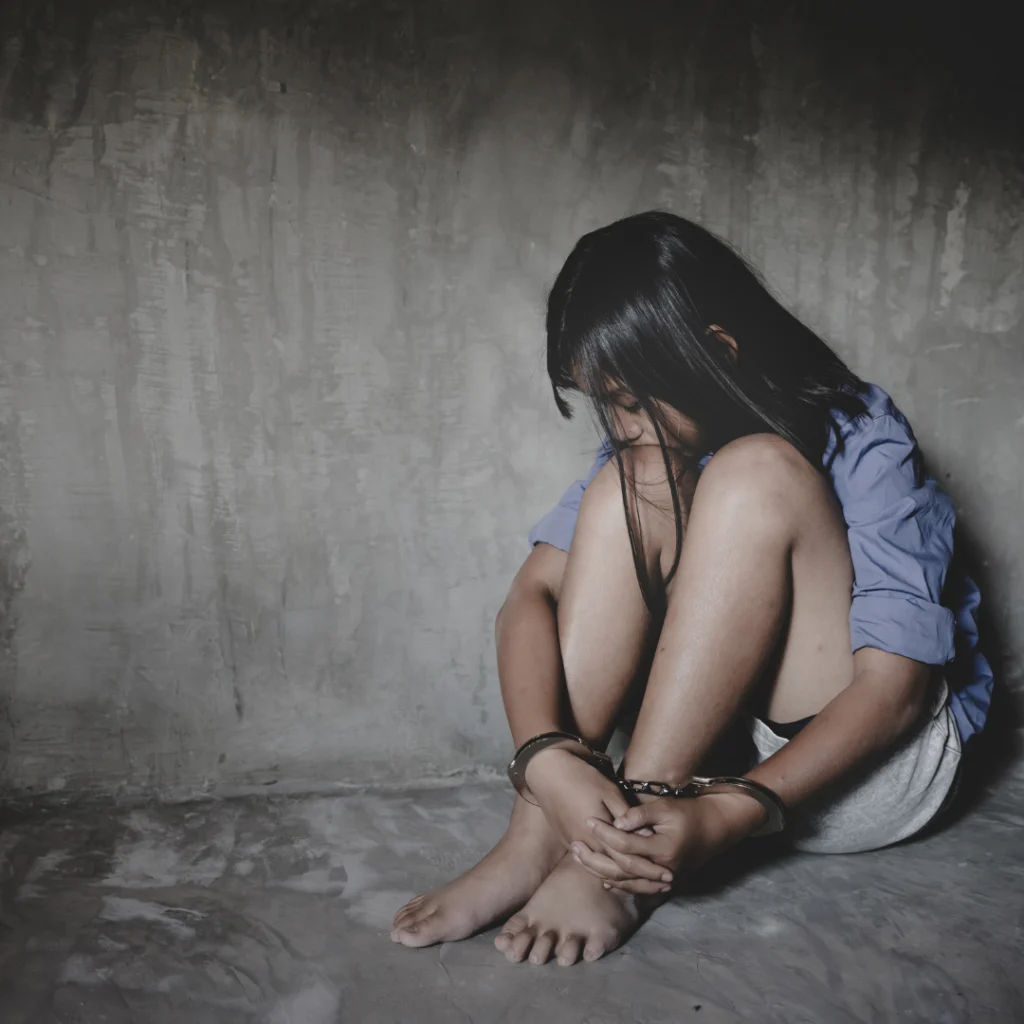By: Matt Friedman
CEO – The Mekong Club | Advisory Council Member – MPAHT
Gita, a 15-year-old girl from Nepal, became a victim of human trafficking, ending up in a brothel in India. My encounter with her took place during my research on the harrowing reality of sex slavery between Nepal and India.
Working in Nepal, I visited shelters to document personal stories, and while most girls willingly shared their experiences, Gita consistently declined my interview requests. However, she was a silent observer during all the interviews conducted in her shelter.
On the final day, Gita changed her mind and agreed to be interviewed. Over the next three hours, she narrated one of the most heart-wrenching testimonials I had ever heard. Her story was fraught with deception, rape, torture, murder, and disease. After hearing her account, I was left speechless. I finally managed to say, “You must be furious with the traffickers for the terrible things they did to you.”
To my surprise, Gita looked accusingly at me and others in the room, shouting, “No, I am not angry at the traffickers. I am angry at you!” Pointing her finger at each of us, she continued, “Where were you when I was in that terrible brothel? I sat there every day, waiting for someone to come and save me. I knew everything happening around me was illegal and wrong. Where were you and everyone else when I needed you?” Adding, “And why are you sitting here?” she questioned, “Why aren’t you down there helping those other girls? Everyone knows what is going on. How can such terrible things happen without anyone doing anything? I am not angry with the traffickers. They are just bad people doing what they do—bad things. I am angry at the good people—society, you! Where were you? Why does no one care?”
That day, Gita spoke not only for herself but for countless others. She called us out, posing a fundamental question: “Why doesn’t the world care enough to stop this crime against humanity?” This question was relevant then and remains so today.
She understood that the 30,000 people around the world fighting this terrible crime was not enough to tackle a US$150 billion industry. For this reason, we must all join hands and be a part of the solution.
Slavery has existed for as long as history has recorded the human race. The only thing new about the issue is the speed and deadliness of its proliferation. While calloused criminals make billions of dollars and unsuspecting citizens throughout the world purchase slave-made products, the numbers of slavery victims now exceed the population of Canada.
To make a difference, we all need to care. What can you do to help?
Continue to learn about today’s slavery and help educate your friends and family. Consult the internet for up-to-date information on this topic. Every person reached potentially adds another soldier to the fight. Even sharing this simple blog can help raise awareness.
You can become a responsible consumer. Before buying a name-brand item, go online to see if the company has a policy statement about modern slavery. If so, send a quick email to congratulate them. If not, send an email requesting that they post such a statement.
These interactions should be positive. A company under attack often pulls back. Encouragement can open up a company and get them to take the steps needed.
Raising money for the cause ranks as necessary heroism. Even small amounts to the right organization can make a tremendous difference in the life of a trafficked person.
For example, it costs between US$2 and US$3 a day – the price of a cup of coffee – to support a deeply traumatized person at a shelter in India.
Many organizations, both at home and abroad, fight slavery. Before contributing money, contact the organization and ask them to explain how they will use it.
Volunteering is a great way to contribute. You can work at a local NGO office or from home. To identify an organization, go online and review options. You can find a group that will appreciate your skills and efforts. Here are some examples of how people have become involved:
- A housewife wrote letters to newspapers, magazines, and television stations to encourage them to publicize human trafficking and slavery issues, and they did.
- A faith-based group ran a songwriting contest titled ‘Battle of the Bands’ to create awareness among music lovers.
- A mother of three convinced her library to make books available on this subject.
- A college student set up a film festival that reached 5,000 students.
- A father of three got the hotels in his city to put the anti-trafficking hotline number in every office.
- A student group sent letters to their state lawmakers, asking them to focus on this issue.
- A fifth-grade class encouraged their local school board to partner with students to include the issue of modern slavery in their curriculum.
We must use individual talents to fight slavery. Artists can create a human slavery project for public display. Filmmakers can create movies on modern slavery. Writers can write about the issue. Whatever you do, do it in the direction of freedom.
Raise your voice if you are a teacher, social worker, doctor, lawyer, or anyone else. It is that simple.




